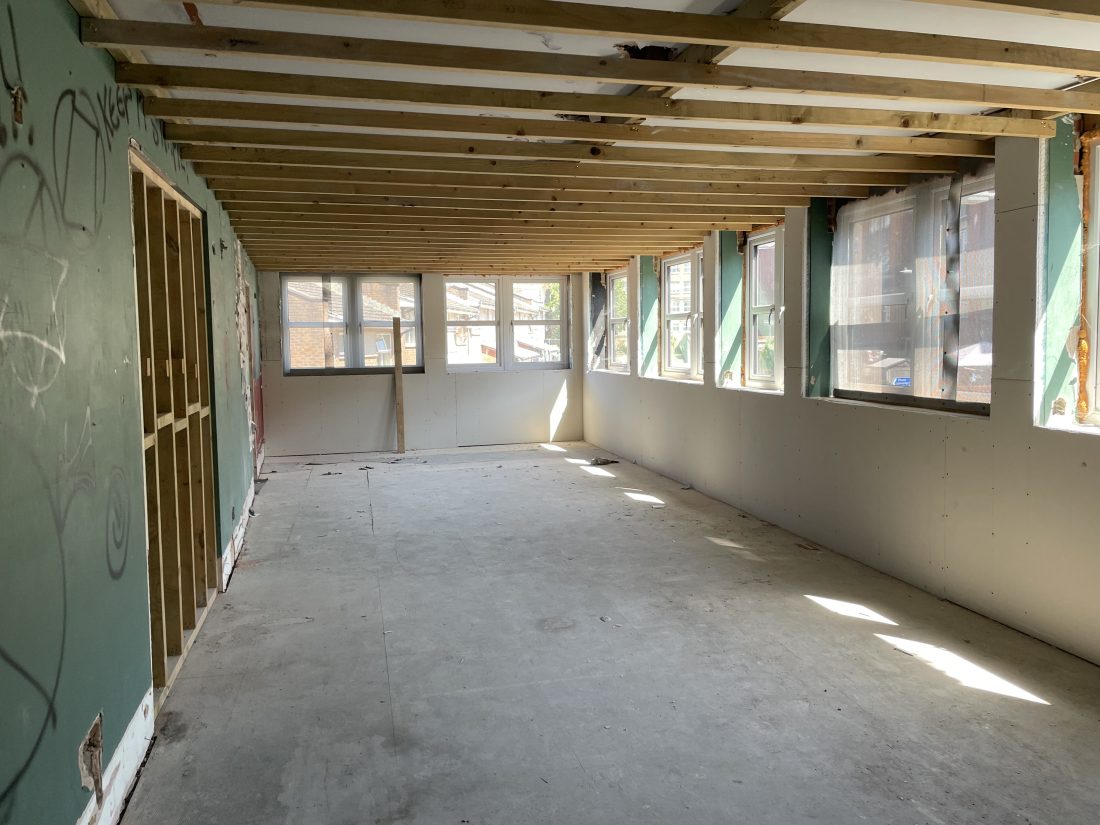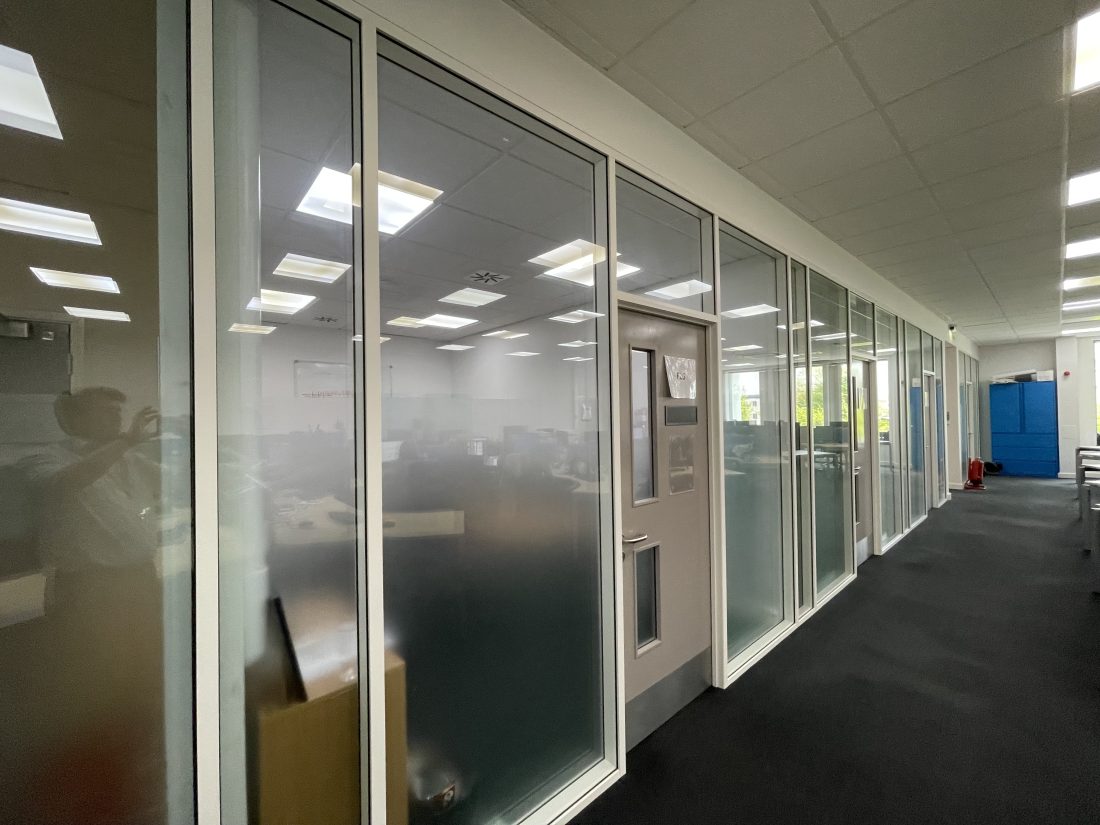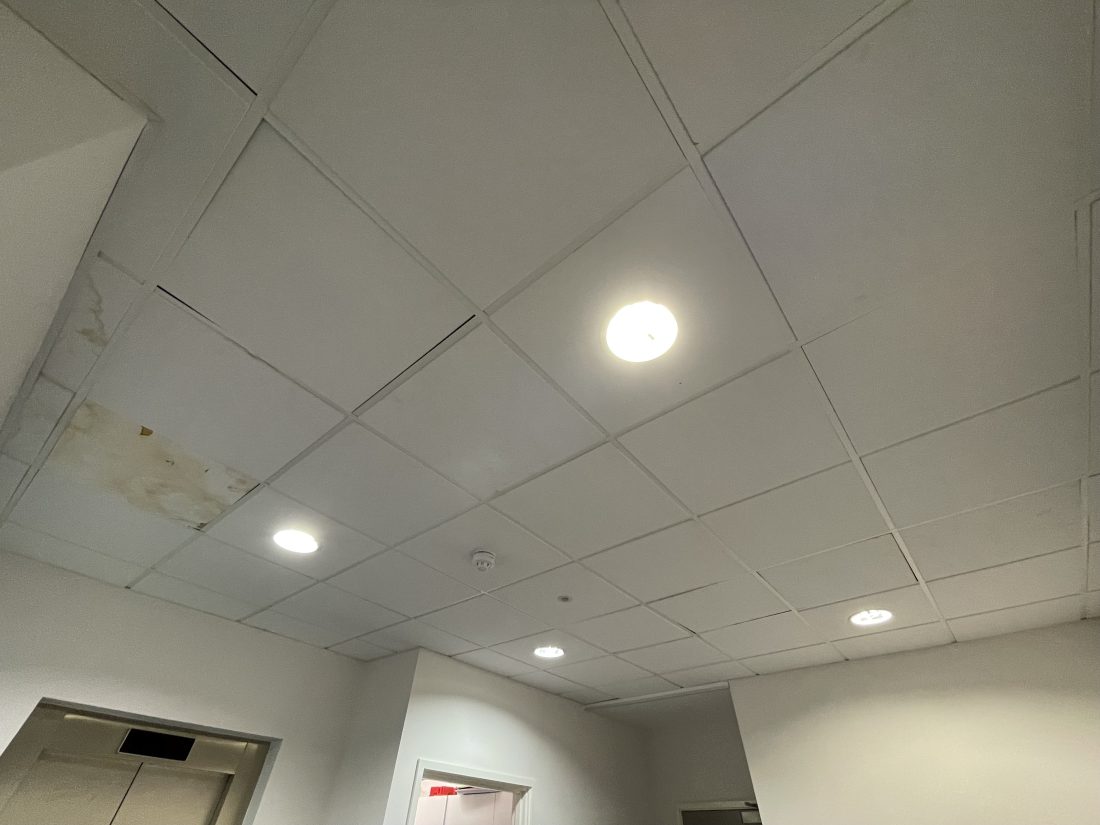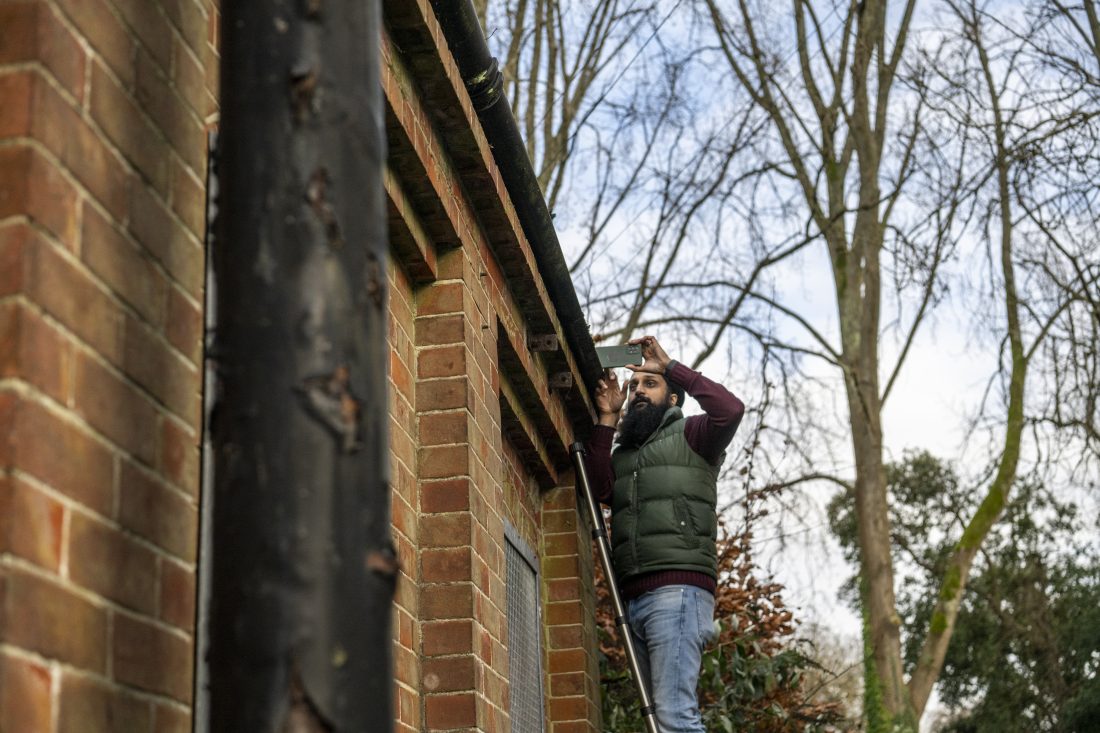Insight
It’s important, in order for us to understand your requirements from the outset in order to give the best commercial building consultancy advice we can.
Enquire
Who Pays for a Dilapidations Survey? A Guide for Commercial Landlords and Tenants. This article explains the typical lease clauses that allow surveyor costs to be claimed, why they exist, and what landlords can do to benefit from them.
When a commercial lease ends, many landlords delay commissioning a dilapidations survey because they assume they will need to pay for it themselves. In most cases, this is not the case. The lease often makes the tenant responsible for these costs, but unless landlords are aware of the detail, they can miss the opportunity to recover them.
What is a dilapidations survey?
A dilapidations survey is carried out at or near the end of a commercial lease. It involves a professional inspection of the property to identify breaches of the lease relating to repair, redecoration, reinstatement and legal compliance. The surveyor then prepares a schedule of dilapidations, which is a formal document outlining the works the tenant is expected to carry out.
Who pays for the survey?
This is the part many landlords overlook. In most commercial leases, the tenant is responsible for the landlord’s reasonable costs in preparing and serving a terminal schedule of dilapidations. There are usually two specific clauses in the lease that cover this.


The two clauses that matter:
‘Landlord’s Costs’
Many leases contain a clause stating that the tenant will cover the reasonable cost of preparing a terminal schedule of dilapidations. This allows the landlord to instruct a qualified surveyor to inspect the property without having to absorb that cost personally. It removes the hesitation that often leads to delay.
‘Indemnity Clause’
Separately, a broader clause typically allows the landlord to recover costs incurred due to breaches of the lease on a full indemnity basis. This includes professional fees for surveyors, solicitors or contractors where those costs arise because the tenant has not complied with their lease obligations. This clause is often found in the legal or enforcement sections of the lease.
Why are these clauses included?
From a legal and commercial perspective, these clauses are designed to protect the landlord’s asset and reduce risk. If a tenant leaves a property in poor condition, it can take months to recover. The lease provisions make sure landlords can act promptly and professionally without being left out of pocket.
They serve several purposes:


What should tenants do?
Tenants should always appoint their own surveyor when presented with a schedule of dilapidations. This ensures an impartial view of the claims and allows the tenant to challenge any items they believe are excessive or incorrect.
A tenant-appointed surveyor will:
This process helps avoid conflict, speeds up resolution and ensures both parties are treated fairly. A professional, well-managed dilapidations process does not need to be contentious. With the right surveyors appointed on each side, it often results in a balanced outcome.
At Bressummer A.R.K., we provide support for both landlords or tenants. While we cannot act for both parties in the same matter, our experience advising on both sides means we understand the priorities of each and approach every instruction with fairness, clarity and professionalism.
What does a typical dilapidations survey cost?
Fees vary depending on the size, type and condition of the property, as well as whether we are acting for a landlord or a tenant.
When acting for landlords, costs usually relate to the inspection, preparation of the schedule and any follow-up support or negotiation.
When acting for tenants, there is typically an initial fee for the review and advice, with additional support for negotiation sometimes based on savings achieved against the landlord’s claim. This is usually agreed in advance with a capped structure.
For a clearer idea of costs based on your property size, please visit our Dilapidations Cost Guide where you can find a breakdown by property type and scale.

Final thoughts
If your commercial lease contains these two clauses, the process of commissioning a dilapidations survey is not just helpful, it is usually recoverable. Many landlords lose valuable time or funds simply because they did not realise what the lease allows.
Tenants also benefit from early advice. Appointing a surveyor to review and respond to a dilapidations claim can result in fairer outcomes, lower costs and fewer disputes.
At Bressummer A.R.K., we act for landlords or tenants across the UK and always provide clear, independent advice to help protect our clients’ interests.


Very professional service. Once we made contact the process was seamless. Arrived promptly and carried out a good inspection. And we were pleased with the report which will help us in our future court case.
David McMullen
It’s important, in order for us to understand your requirements from the outset in order to give the best commercial building consultancy advice we can.
Enquire